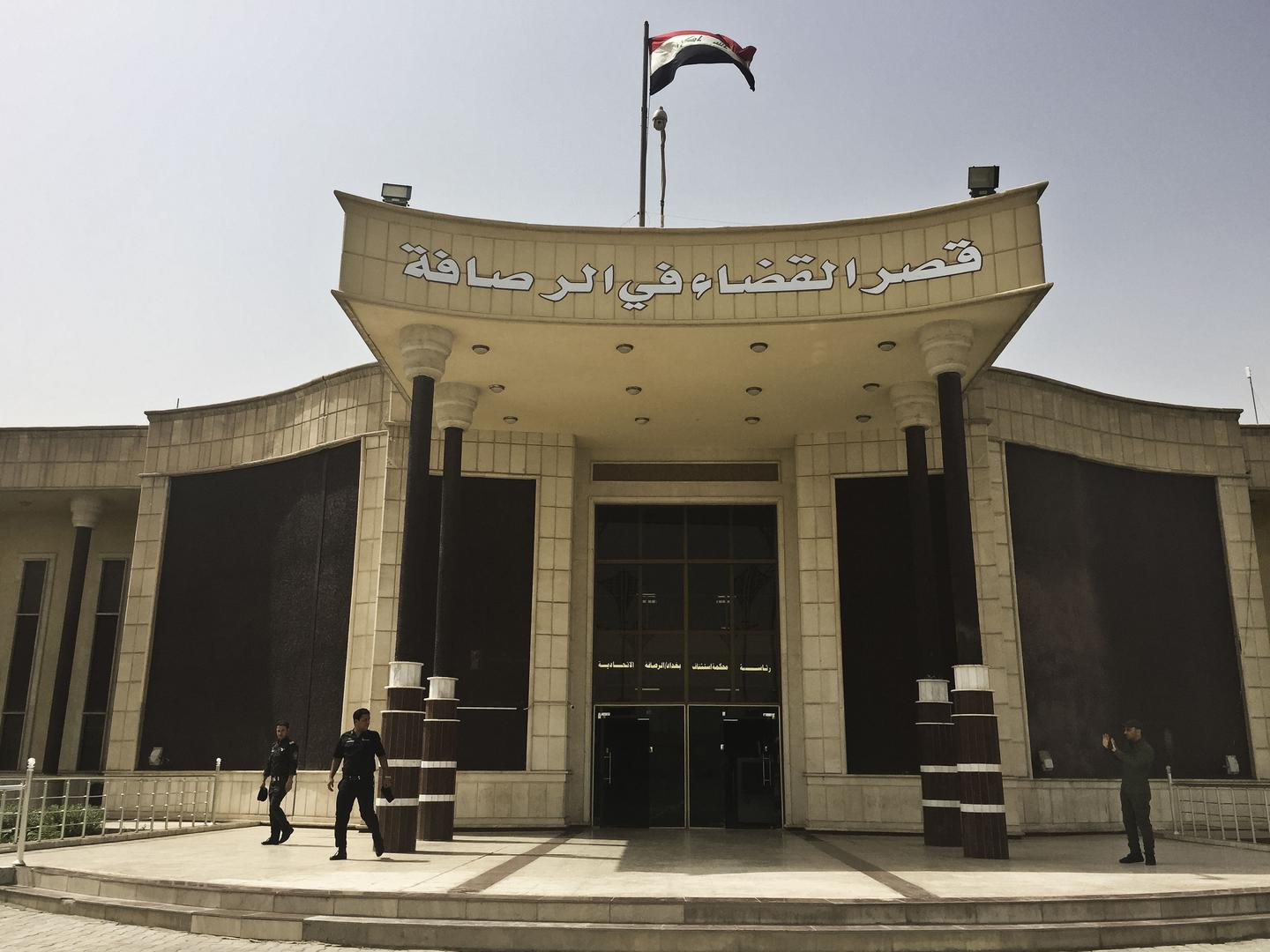What Next for Australian ISIS Suspects?

Expand Rusafa Central Criminal Court in Baghdad. © 2018 Maya Alleruzzo/AP Photo The Australian government is taking an important step by helping eight Australian children of suspects of the Islamic State (also known as ISIS) return home from northeast Syria.
The children were held for months without charge under horrific conditions in Syria’s al-Hol Camp.
The youngest is two years old. Rusafa Central Criminal Court in Baghdad. To ensure their release, the government sent diplomats into northeast Syria. Prime Minister Scott Morrison said that, “children should not be punished for the crimes of their parents.” He’s right, and it’s time other governments put forward similar efforts to ensure protection for these children. But questions remain about what to do with Australian adults in northeast Syria suspected of ISIS crimes. Some countries have reportedly been negotiating the transfer of their nationals to Iraq for prosecution, but Australia should resist this option. At least 11 French nationals have been transferred to Iraq and sentenced to death. Human Rights Watch has monitored Iraqi trials of ISIS suspects and has serious concerns about due process, allegations of torture, use of the death penalty, and access to justice. Some trials of ISIS suspects in Baghdad have lasted just five minutes, often relying on coerced confessions, with no effective legal representation. In November 2018, an Iraqi court convicted an Australian citizen, Ahmed Merhi, of ISIS membership and sentenced him to death. According to media reports, he told the court his confession was coerced and he was tortured by Iraqi officials, but the judge said a medical examination found no physical torture marks on his body. Human Rights Watch has documented Iraqi interrogators using a range of torture techniques, including beating suspects on the soles of their feet (falaka) and waterboarding, that would not leave lasting marks on the body. Two French citizens also tried in Iraq for affiliation with ISIS said they were tortured or coerced to confess.
The Australian government has strongly advocated for abolition of the death penalty, a position that should be applied in all cases, including terrorism offenses. Human Rights Watch opposes the death penalty in all circumstances because of its inherent cruelty. Australia should not outsource management of its terrorism suspects to abusive justice systems, especially when the end result could be death.
The government should fully investigate and fairly prosecute these individuals at home in trials that meet international standards. And it should also solicit victims’ participation in trials, which Iraq has not done, even as .
Read the full article at the original website
References:
- /view-mode/modal/323796
- https://www.hrw.org/middle-east/n-africa/syria
- https://www.theguardian.com/australia-news/2019/jun/24/children-isis-terrorist-khaled-sharrouf-return-australia-removed-syria
- https://www.hrw.org/news/2019/02/15/uks-isis-schoolgirl-case-shows-justice-key
- https://www.telegraph.co.uk/news/2019/04/10/iraq-offers-try-isil-prisoners-held-syria-multi-billion-pound/
- https://www.hrw.org/middle-east/n-africa/iraq
- https://www.hrw.org/news/2017/12/05/iraq-flawed-prosecution-isis-suspects
- https://www.hrw.org/news/2018/06/21/iraq-change-approach-foreign-women-children-isis-linked-trials
- https://www.dailytelegraph.com.au/news/world/sydney-terrorist-ahmed-merhi-sentenced-to-die-by-hanging/news-story/62ec2367e4a0ffd3c2a029f43c636bdc
- https://www.hrw.org/news/2018/08/19/iraq-chilling-accounts-torture-deaths
- https://www.hrw.org/news/2019/05/31/iraq-french-citizens-allege-torture-coercion
